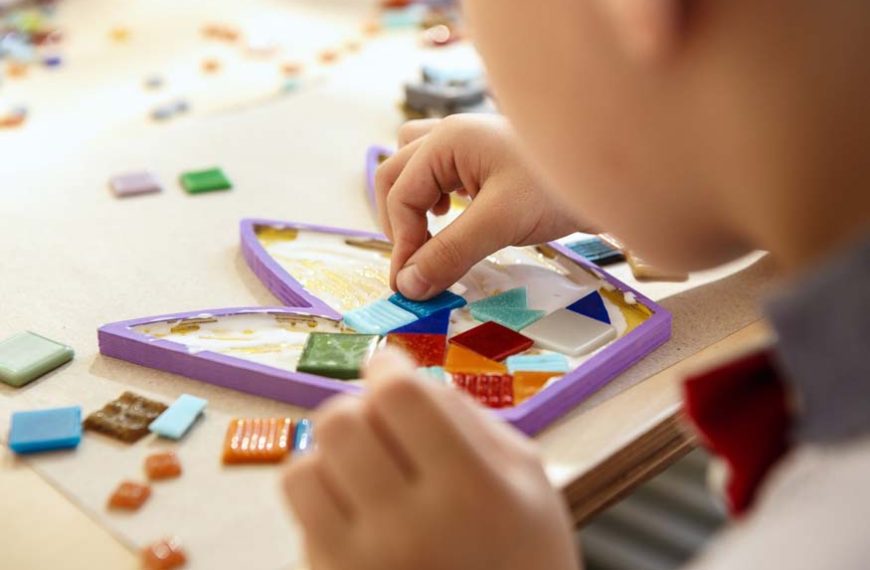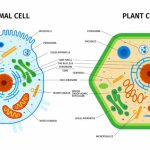The preschool years, spanning ages 3-5, represent a pivotal window for enriching a child’s developmental trajectory. Myriad new neural connections are formed rapidly within a preschooler’s malleable young brain as they explore fresh experiences and skills through both free play and guided activities. Thoughtfully designed preschool programs leverage this heightened neuroplasticity by utilizing research-backed curriculum to stimulate cognitive blossoming across crucial realms like literacy, numeracy, motor skills, social abilities, and self-regulation.
These early learning environments are carefully engineered by child development experts to activate a preschooler’s innate curiosity and sense of wonder during these formative years. The appropriately scaffolded games, lessons, and peer interactions found in most preschools prime young children with the foundational skills and confidence to excel at meeting academic challenges. Studies confirm that gaining this robust preparation during the preschool years positively impacts a child’s learning pace and comprehension throughout their schooling and beyond by setting them on a trajectory of lifelong achievement.
Early Literacy Skills:
Reading to children and providing access to books and language tools strongly supports early literacy development. Preschool activities that involve listening to stories, learning letters and letter sounds, recognizing names and common words, and beginning to write letters or form sentences all help prepare a child for formal reading instruction in kindergarten. Studies show children who enter kindergarten with these emergent literacy fundamentals have an easier time mastering reading and tend to read at a faster pace throughout elementary school.
Foundational Math Concepts:
Just as the preschool years lay the groundwork for literacy, early math activities introduce concepts like numbers, counting, shapes, patterns, measurement, and problem-solving. Mastering these basic math building blocks at an early age allows children to develop confidence in their math abilities. It also enables them to more easily understand and apply new mathematical ideas when progressing through the elementary school math curriculum at a steady, comprehensive pace.
Social and Emotional Skills:
Preschools provide valuable opportunities for children to build socialization skills and self-regulation techniques through interactive play and group learning activities. Preschoolers’ developing social skills are fostered by cooperating with others, taking turns, sharing resources, and engaging in dialogue. Children are given methods to regulate urges, obey instructions, and refrain from disruptive behaviours through songs, activities, and tactics centred around understanding and managing feelings. These social-emotional competencies allow children to engage in more harmony with peers and teachers as learners.
Motor Skill Development:
Preschool activities like playground time, sports, dancing, building with blocks, and craft projects facilitate gross and fine motor development. Gross motor play strengthens core muscle control, balance, coordination, and body awareness. Fine motor activities like drawing, cutting with scissors, buttoning clothing, and manipulating small objects improve the dexterity needed for self-care tasks and using pencils, crayons, and other classroom tools. These motor competencies allow children of all physical abilities to actively participate in learning activities with greater ease.
The Value of Early Learning Experiences:
The language, cognitive, motor, and social skills preschoolers gain from games, lessons, play, and interactions with teachers and peers provide a strong foundation for the learning pace they will achieve in elementary school. Children who attend quality preschool programs tend to enter kindergarten better equipped with both the academic and developmental skills that enable consistent intellectual growth throughout their schooling.
Additional Benefits of Preschool Participation:
Enhanced Executive Function:
Executive function refers to cognitive abilities that allow children (and adults) to control impulses, retain focus, memorize instructions, utilize working memory, and engage in organized decision-making. These self-regulation capabilities act as the command center for learning and achievement. Preschool activities often nurture growth in this area by training children to follow multi-step directions, participate in structured lessons, avoid disruptive tangents, and complete learning tasks requiring concentration. These learned focusing skills help preschool graduates enter kindergarten better primed to consistently devote their attention to classroom curriculum and instruction.
Improved School Adjustment:
The school-like structure of many preschool programs helps children acclimate to spending daytime hours engaged in teacher-directed lessons and supervised play with groups of peers. This fosters a familiarity with classroom settings, following schedules and rules, participating in learning activities focused on specific skills, and interacting positively with authority figures like teachers. Children who have adjusted to these realities through their preschool experiences often transition more seamlessly into full-day kindergarten. This allows them to avoid feeling overwhelmed or disengaged during the crucial first months of elementary school when foundational competencies are introduced across subjects. Instead they are primed to confidently meet new achievement challenges.
Lifelong Attitudes Toward Learning:
When children have positive early learning experiences in preschool settings, they can better develop an intrinsic enthusiasm for gaining knowledge that will persist throughout their lives. Enjoying activities focused on reading, math puzzles, art projects, music, nature studies, and more leads to intellectual curiosity, creativity, and drive that lasts well beyond preschool years. Meanwhile, gaining confidence in their abilities as young learners allows children’s motivation to tackle new educational endeavors to blossom. These innate dispositions provide vital support to keep progressing at an admirable pace when facing new learning objectives in elementary grades and beyond. They help cement a permanent identity as capable, engaged students.
Parental Involvement and Support:
Most preschool programs encourage and facilitate consistent communication with parents about curriculum, kindergarten readiness skills, and customized progress evaluations for individual children. This promotes parental awareness of appropriate developmental milestones across literacy, math, and other realms while specifying abilities their child has mastered or needs additional practice developing. Armed with personalized knowledge and resources from preschool personnel, parents can better support, enrich, and enhance their youngster’s learning pace year-round – not just for the few hours per week of preschool participation. Extending growth opportunities into evenings, weekends, and summertime amplifies the power of preschool learning habits.
The wide array of stimulating activities and enriched experiences offered in most preschool settings introduce children to key concepts while allowing them to unlock their innate curiosity and creativity. Learning through play comes naturally to young children. Guiding this impulse by designing activities aligned with appropriate developmental benchmarks and educational standards helps ensure preschoolers enjoy learning success from the start. This fuels their intrinsic desire to enthusiastically engage with peers, teachers, and curriculum to glean new knowledge and reach milestones.
As young pupils progress to primary school, the self-assurance and learning habits built through preschool participation allow them to readily acclimate to new classroom environments while continuing to increase their literacy, numeracy, and comprehension abilities. Their familiarity with foundational skills and eagerness to learn often persist throughout their academic journey – sustaining an admirable pace of achievement across subjects.
In summary, research clearly shows that preschool activities that nurture development across academic, social-emotional, and physical realms positively impact a child’s learning pace in both the short and long term. When children are given ample opportunities to build competencies while following their innate passion for exploring ideas through play and interaction, they are bound to thrive across future educational endeavors and beyond. Providing and prioritizing a developmentally robust preschool curriculum enriches young lives in invaluable ways.
For more such interesting blogs, Visit EuroKids.
















